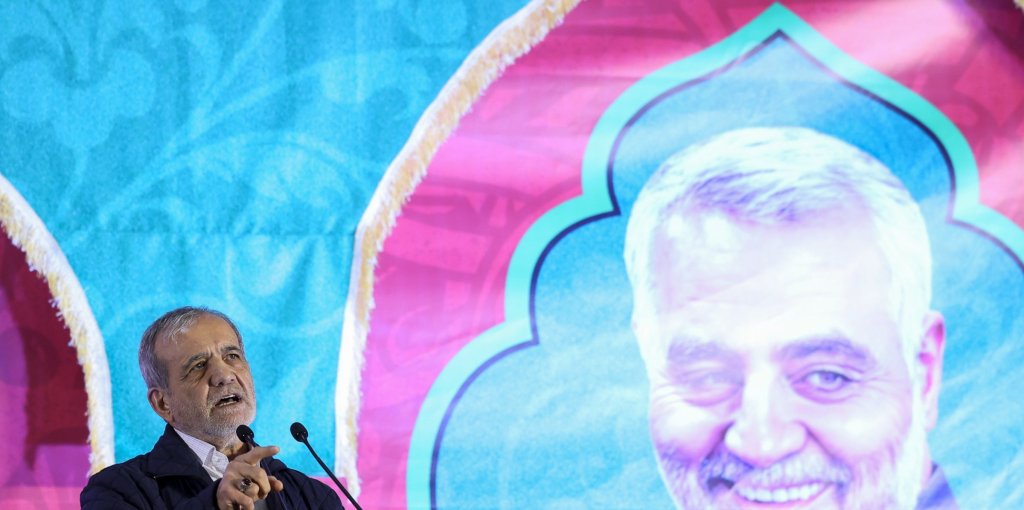The military rout of Iran and Hezbollah in Lebanon, and then in Syria, has overturned the socio-political and geopolitical status quo in the Middle East. The Islamic Republic will now be obliged to fall back on its own territory, focusing on its domestic issues and its ambitions as a regional power, at a time when Israel is increasingly urging the US to intervene militarily.
The first to feel the impact of Iran’s military failure in Lebanon and Syria were the Revolutionary Guards (IRGC) and the most ideologically radical factions which dominate the country’s political, economic, social and cultural life. There are some who already envisage an “overthrow of the regime”, others who fear the advent of an even more radical military power. As for the Supreme Leader, Ali Khamenei, he is striving to arrange compromises that may save an Islamic regime which is sinking fast under the weight of US economic sanctions, international opposition to its nuclear programme and above all Iranian society itself.
No sooner had they come to power in 2021 with the election to the presidency of Ebrahim Raissi, than the conservatives grasped the urgency of the situation. They had carried out a change in their regional strategy to facilitate negotiations with the United States and obtain the lifting of its economic sanctions. Though not blocking it altogether, the divisions in the conservative camp undermined this strategy, aimed at improving relations with Iran’s immediate neighbours, starting with Saudi Arabia, and distancing itself from the network of “proxies” created at the time of the war with Iraq (1980-1988). This policy was confirmed in June 2024 by the election of a reformist president, Massoud Pezeshkian, with the approval of the Leader, Ali Khamenei, for lack of any alternative.
But within a few months these plans for an orderly retreat into national territory and a concentration on domestic issues were upset by Israel. The overthrow of the Assad regime in Syria – Iran’s only solid Arab ally since 1979 – and Hezbollah’s military defeat have obliged the Islamic Republic to define new domestic and foreign policies which go beyond mere pragmatism.
…
By Bernard Hourcade
Geographer, director of research emeritus with the CNRS, former head of the Institut français de recherche en Iran (1978-1993) and the research team Monde iranien (1992-2003).
The colonial gaze is strong here.



